Graduates can work as research scientists, physicists, data analysts, and educators. They find employment in research institutions, universities, government agencies, and private companies. The skills gained in this program enable them to contribute to scientific advancements, technological
Career & Job Opportunities for M.Sc. in Physics Course
Physics is often called the "fundamental science" because it seeks to understand the fundamental principles governing the universe, from the smallest subatomic particles to the vast expanse of the cosmos. A Master of Science (M.Sc.) in Physics is a postgraduate program designed to provide students with advanced knowledge and skills in this profound and versatile field. In this article, we will explore the M.Sc. Physics program, the career opportunities it provides, and the potential job prospects for graduates. An M.Sc. in Physics is typically a two-year program that combines advanced coursework, laboratory research, and often a thesis or research project. The curriculum covers a broad range of topics within physics, including classical mechanics, quantum mechanics, electromagnetism, thermodynamics, and statistical mechanics. Students also delve into specialized fields such as astrophysics, particle physics, condensed matter physics, and optics.
M.Sc. in Physics Career Opportunities
Graduates of M.Sc. Physics programs have diverse career opportunities across various sectors. Here are some of the prominent career paths available to them:
-
Physicist: Physicists conduct research to understand the laws of physics and the behaviour of matter and energy. They work in academia, research institutions, and government laboratories, contributing to our understanding of the universe and developing new technologies.
-
Research Scientist: Research scientists use their expertise in physics to investigate a wide range of phenomena and develop innovative solutions in various fields, including materials science, environmental science, and renewable energy.
-
Data Scientist: Data scientists apply statistical and computational methods to analyze complex data sets, making them valuable in industries such as finance, healthcare, and technology, where data-driven decision-making is critical.
-
Quantitative Analyst (Quant): Quants use mathematical and statistical models to analyze financial markets and develop trading strategies. They work for investment banks, hedge funds, and asset management firms.
-
Engineer: Physicists often transition into engineering roles, where they apply their knowledge to design and develop technologies in fields such as aerospace, electronics, and telecommunications.
-
Astrophysicist: Astrophysicists study the universe, including stars, galaxies, black holes, and cosmic phenomena. They work in research, observatories, and space agencies, contributing to our understanding of the cosmos.
-
Materials Scientist: Materials scientists study the properties and applications of materials, from nanomaterials to superconductors. They play a crucial role in developing new materials with specialized properties for various industries.
-
Science Communicator: Science communicators, including science journalists, educators, and outreach specialists, bridge the gap between scientists and the public by translating complex scientific concepts into accessible language.
-
Biophysicist: Biophysicists apply the principles of physics to biological systems, studying topics such as protein folding, molecular dynamics, and biomechanics. They contribute to advancements in medical research and drug development.
-
Educator/Professor: Physics educators at all levels, from K-12 to higher education, play a vital role in educating future scientists and promoting scientific literacy.
M.Sc. in Physics Job Prospects
The job prospects for graduates with an M.Sc. in Physics are generally favourable for several reasons:
-
Innovation and Technology Advancement: Physics is at the core of technological advancements in various fields, including electronics, materials science, and renewable energy. Physicists and physicists-turned-engineers are in demand for developing and improving technologies.
-
Scientific Research: Physics continues to push the boundaries of human knowledge. Research in areas such as particle physics, cosmology, and quantum computing requires specialized expertise and drives the need for physicists.
-
Data Analysis: With the increasing importance of data in decision-making processes, data scientists with a background in physics are sought after for their analytical skills and ability to model complex systems.
-
Finance and Quantitative Fields: The financial industry values physicists and quants for their mathematical and analytical abilities in modelling and risk assessment.
-
Renewable Energy and Sustainability: Physics plays a significant role in renewable energy technologies, making physicists valuable in the growing clean energy sector.
-
Healthcare and Medical Physics: Medical physicists contribute to advancements in medical imaging, radiation therapy, and diagnostics, helping to improve healthcare outcomes.
-
Government and Defense: Government agencies, such as NASA and the Department of Energy, employ physicists for research, development, and national security purposes.
-
Education and Outreach: Physics educators and science communicators contribute to science education and public understanding of complex scientific concepts.
 2 Years
2 Years
 Post Graduate
Post Graduate
 Science
Science
 Full Time
Full Time

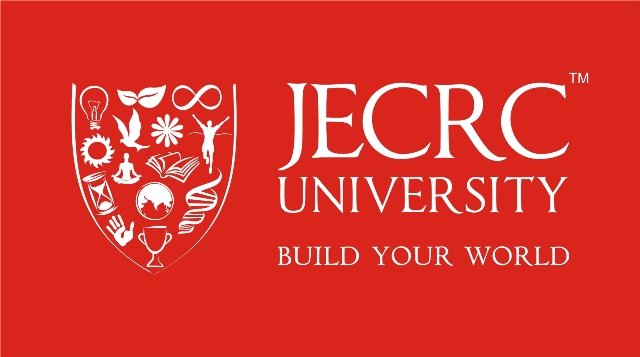










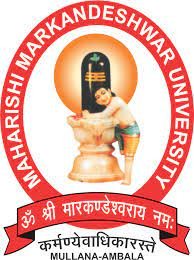
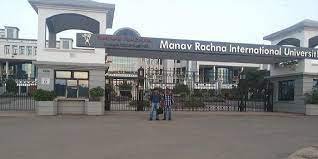

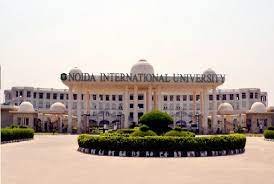

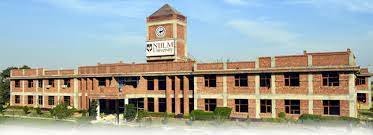


 back
back

